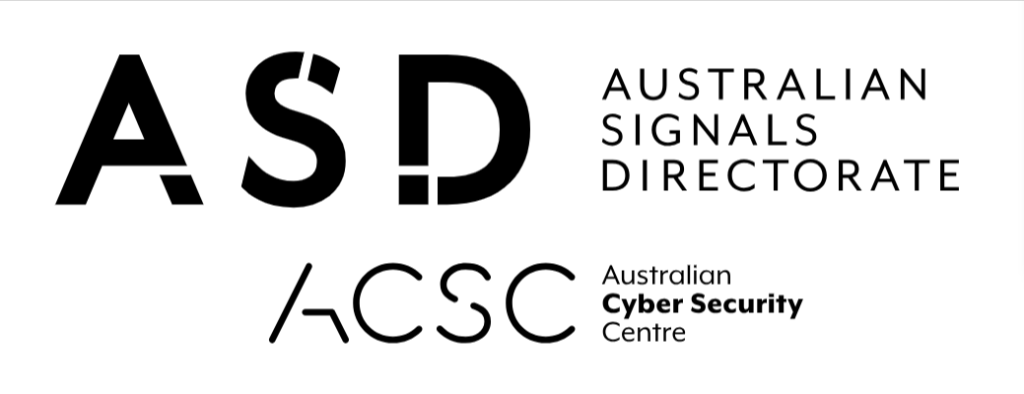We are living in an age where cybersecurity has never been more topical or important. With major corporations being subject to data breaches and hacks, it is vital that cybersecurity remains at the forefront of your business needs. Not only to protect yourself and your information but your clients’ details as well.
In this article we have had a deep dive into the recent State of Cybersecurity Report 2023 by ISACA, which is an international professional association focused on IT governance, to have a look at the recent trends we are seeing within the industry. With a focus on staffing, highlighting which areas of cybersecurity businesses place importance on as well as recent threats and budget concerns. The survey was distributed worldwide to ISACA members who hold the ISACA Certified Manager certification or have registered job titles in the information security field. We have analysed the report for you to give you the key takeaways from the findings.
Having a stringent cybersecurity plan in place is crucial, as is having qualified experienced cybersecurity experts within your staff to implement and manage your systems. Similar statistics (according to State of Cybersecurity Report 2023) have been tracked for the past two years (2022 & 2023), in relation to staffing trends, in being that more than 50% of organisations have had difficulty in retaining qualified cybersecurity professionals. This is due to a variety of reasons, such as being headhunted by other cybersecurity companies, poor financial incentives, and work-related stress. Many non-entry-level positions remain unfilled, due to the lack of qualified experts needed. When a position is filled, it is usually taking 3-6 months which therefore puts additional pressure on the business’s cybersecurity and staff during that time.
In a time where technology is constantly changing and updating, it is important to continue education in this sector. According to the report, the gap between certification fees and employer contributions is increasing, therefore this adds additional financial and time burdens to the employees to keep abreast of best practices. Although it seems that prior hands-on experience of a candidate is the most sought-after prerequisite, credentials, degrees and hands-on training are also aspects that many employers and employees consider important.
The survey shows cloud computing is the second largest skill gap among cybersecurity professionals, at 47%. Soft skills, such as communication, leadership and flexibility were considered the highest skill gap at 55% (this is particularly high when it comes to graduates at 68%). Rest assured, when you work with Archer & Round both our communication and cloud computing skills are topnotch. When you engage us to look after your cloud computing needs we buck the trend when it comes to these statistics to ensure that your end-user has the best possible experience through our infrastructure.
When asked to choose the top five most important security skills needed in your organisation today, here were the responses:
Number 1: Identity and Access Management 49%





